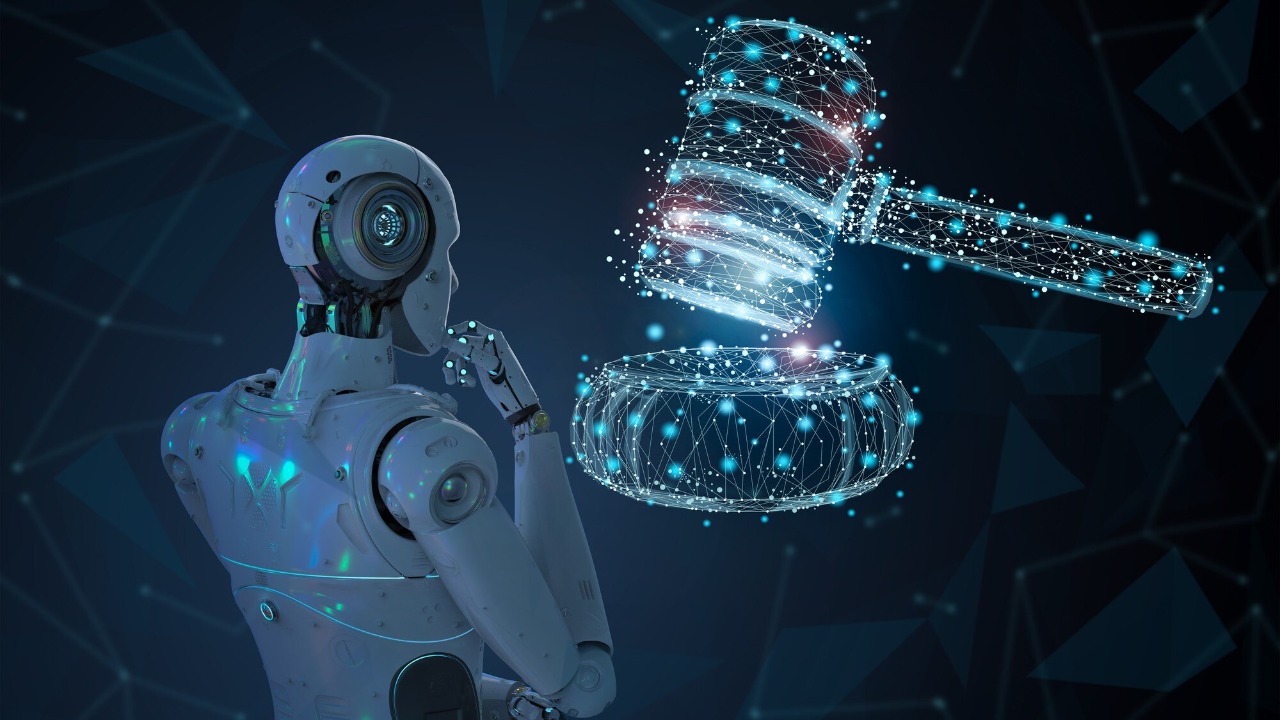
Artificial intelligence (AI) is increasingly playing a role in various sectors, including the legal field. The prospect of AI deciding court cases sparks both intrigue and concern. The potential implications, benefits, and risks of AI in judicial decision-making are vast and multifaceted, demanding our attention as technology continues to evolve.
The Rise of AI in the Legal System
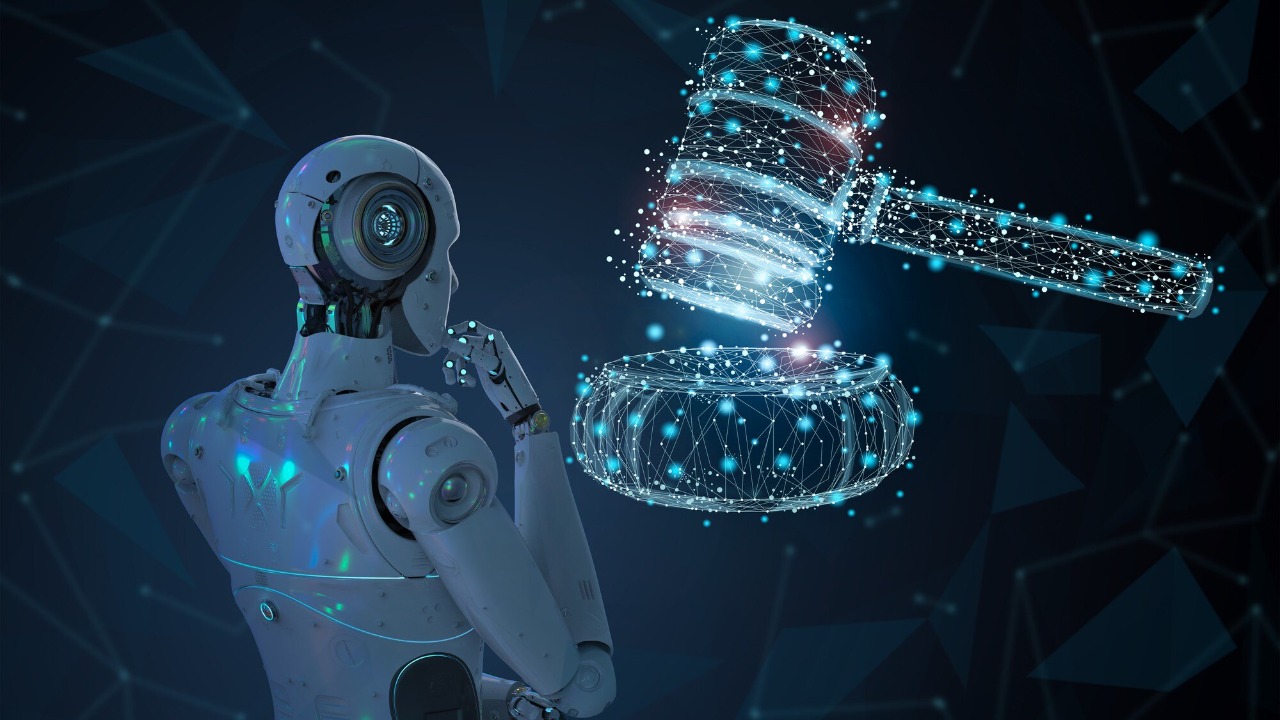
AI is already making its mark in the legal arena, with applications ranging from predictive analytics to document review. These technologies are streamlining processes that were once labor-intensive, allowing legal professionals to focus on more complex tasks. By analyzing vast quantities of data quickly, AI can forecast case outcomes and provide insights based on historical precedents, thus enhancing the decision-making process.
The integration of AI tools in courtrooms globally is gaining traction, with many judicial systems recognizing the potential to improve efficiency and reduce human error. AI can assist judges by providing data-driven recommendations, thus enhancing the accuracy of court proceedings. As acceptance of AI tools grows, the legal sector is poised for significant transformation, promising to expedite justice and reduce case backlogs.
Ethical and Legal Considerations
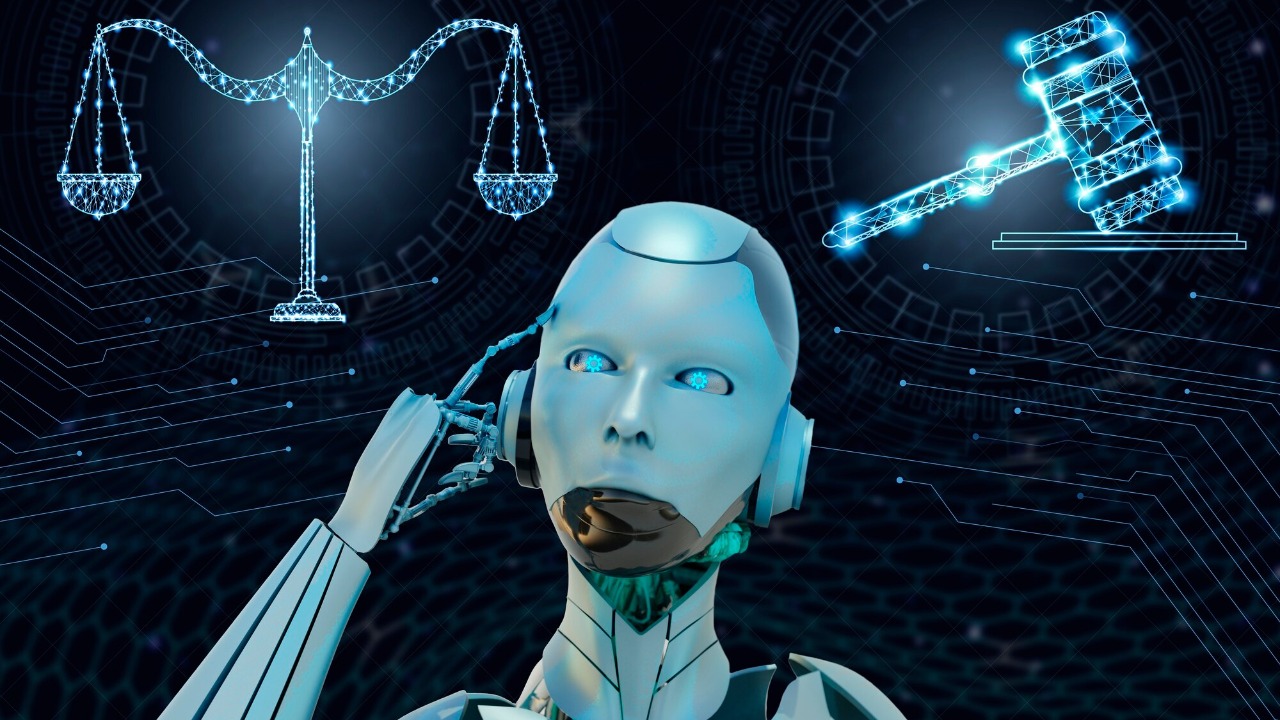
The rise of AI in judicial decision-making raises numerous ethical dilemmas, including questions about accountability and transparency. If an AI system makes a decision that results in an unjust outcome, determining responsibility becomes complex. Furthermore, the opaque nature of many AI algorithms presents challenges in ensuring transparency, a cornerstone of fair legal proceedings.
Legal challenges also abound, particularly regarding bias and fairness. AI systems are trained on historical data, which may contain inherent biases. This can lead to AI perpetuating these biases, potentially affecting judicial outcomes. Navigating the regulatory landscape governing AI use in the judiciary is crucial to ensuring these technologies are implemented responsibly and effectively.
AI’s Impact on Judicial Outcomes

There have been numerous case studies where AI has influenced court decisions, sometimes positively and other times negatively. For instance, AI’s ability to analyze data quickly can lead to more informed decisions, but it can also perpetuate existing biases within the judicial system. The potential for AI to reinforce systemic inequalities is a significant concern that must be addressed to prevent unjust outcomes.
Moreover, AI’s impact on defendants’ rights and the presumption of innocence is a critical consideration. The use of AI in legal settings must ensure that these fundamental principles are not compromised. Balancing technological advancement with the preservation of rights is essential to maintaining the integrity of judicial systems.
Technological Challenges and Limitations
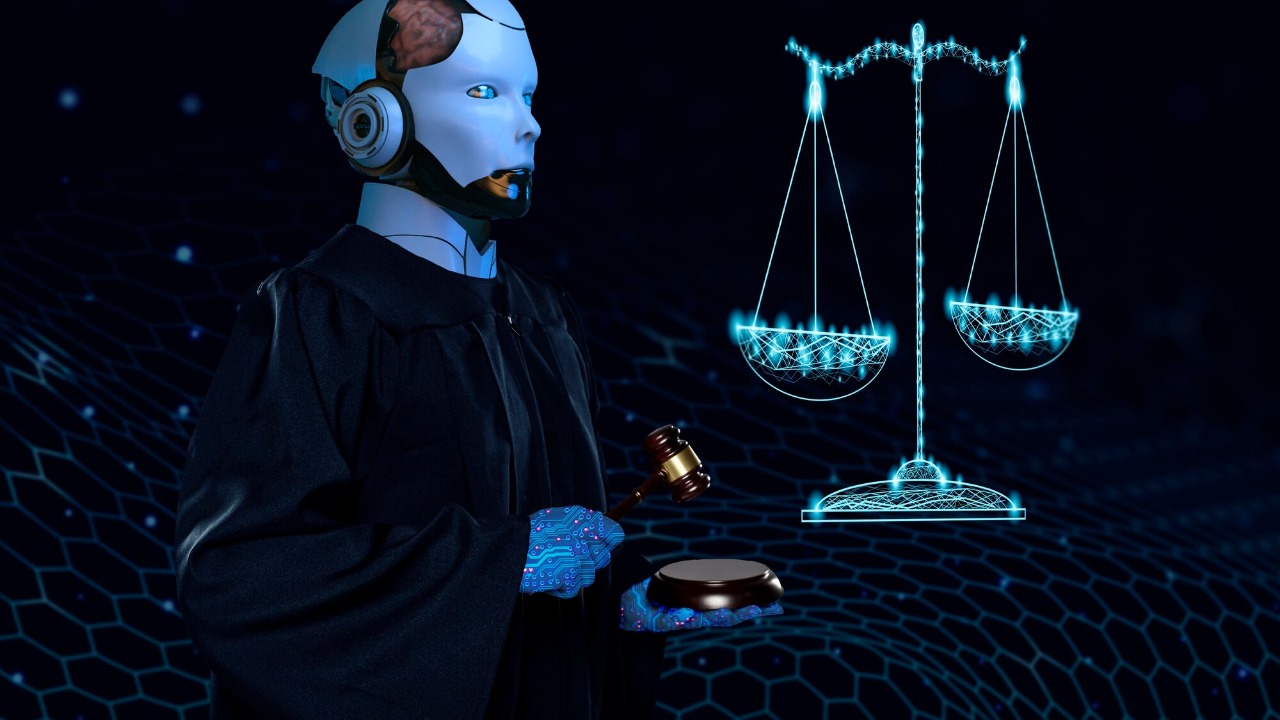
Despite its potential, AI faces several technological challenges in legal contexts. Current systems often struggle to interpret the complex nuances of legal language and reasoning. This limitation underscores the need for human oversight to ensure AI-assisted judgments are accurate and fair.
Additionally, the risks associated with deepfakes and evidence authentication are becoming increasingly relevant in legal discussions. AI’s ability to create realistic yet false content poses a threat to the integrity of evidence, necessitating robust verification processes. As AI systems evolve, addressing these technological limitations and ensuring their reliability is crucial.
Public Perception and Trust in AI-Driven Justice
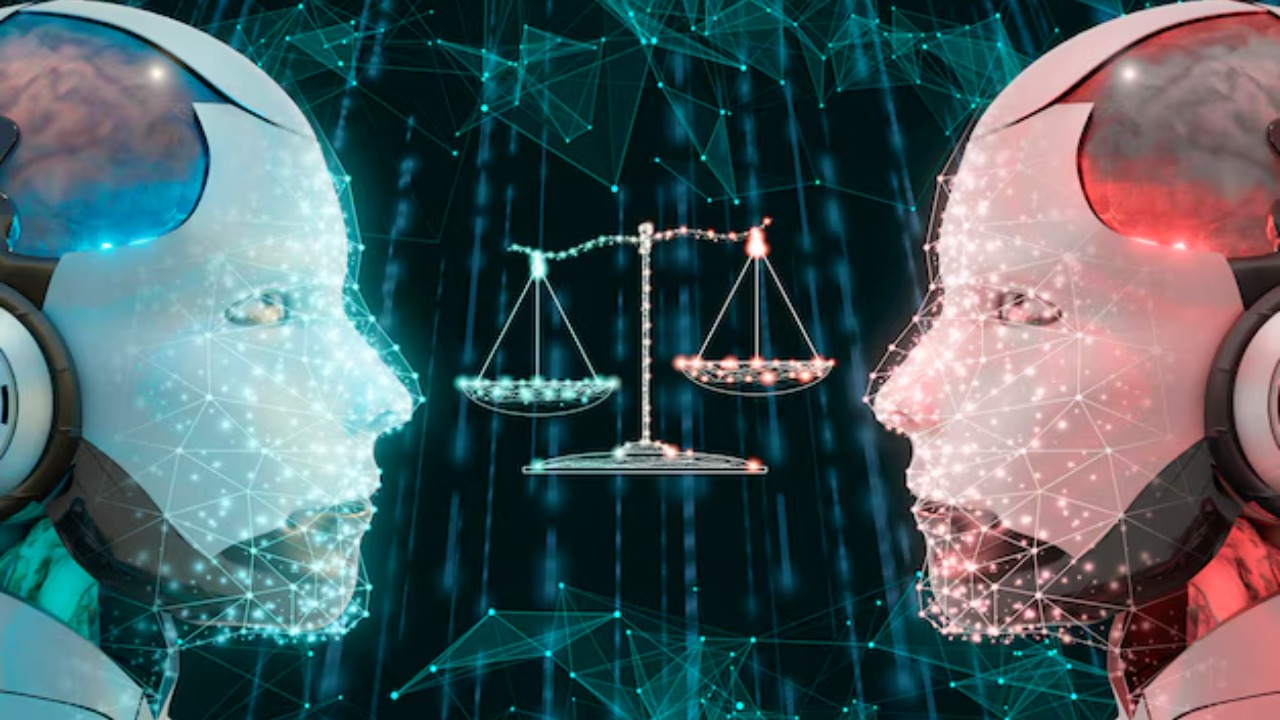
The involvement of AI in legal decisions significantly influences public opinion and trust in the judicial system. Many people are wary of AI’s role, fearing a lack of transparency and potential bias. Ensuring that AI algorithms are transparent and easily understood is vital for maintaining public confidence in AI-driven justice.
To increase public understanding and acceptance of AI in legal contexts, it is essential to develop strategies that highlight the benefits of AI while addressing its potential drawbacks. Educating the public on how AI can enhance, rather than undermine, the fairness of legal outcomes is key to fostering trust in these technologies.
Future Prospects and Innovations

Looking ahead, the evolution of AI in the legal field is poised to reshape court proceedings significantly. Upcoming innovations hold the potential to further enhance the efficiency and fairness of legal outcomes, paving the way for more streamlined and effective judicial processes.
While AI could augment the capabilities of human judges and juries, it is unlikely to replace them entirely. The future likely holds a collaborative approach, where AI complements human judgment, ensuring that legal decisions are both data-driven and deeply informed by human understanding. As AI continues to evolve, its role in the legal field will undoubtedly expand, offering new possibilities for justice and fairness.